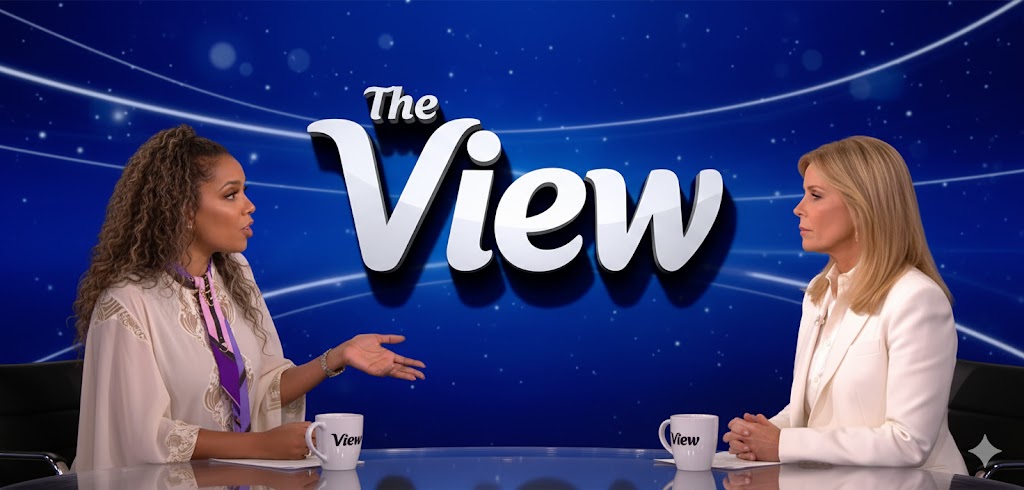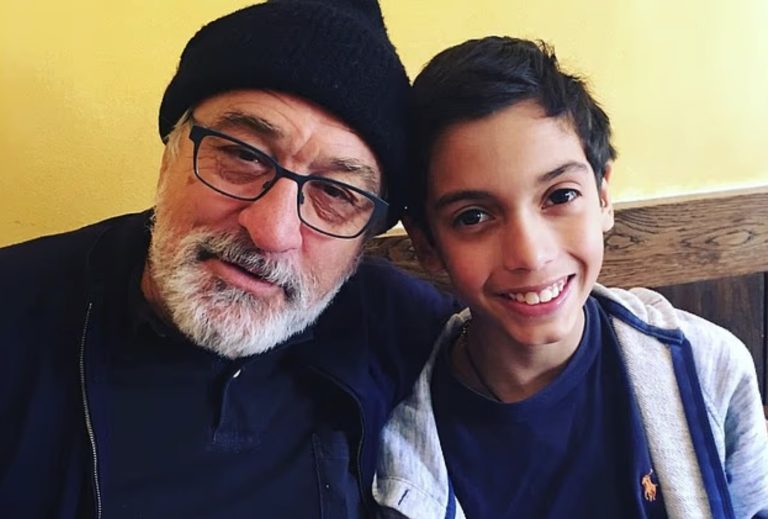Cheryl Hines pushes back after Sunny Hostin challenges RFK Jr. on The View
Actress and producer Cheryl Hines defended her husband, independent presidential candidate Robert F. Kennedy Jr., after a tense exchange with Sunny Hostin on ABC’s daytime show The View. The appearance—meant to highlight Hines’s role as a supportive spouse and campaign surrogate—quickly turned into a spirited back-and-forth over Kennedy’s record, his policy priorities, and whether celebrity influence should matter in a presidential race.
Hines, best known for her long-running role on Curb Your Enthusiasm, joined the table to talk about life on the campaign trail and why she believes voters should look past headlines and consider Kennedy’s proposals on health, government accountability, and the economy. Hostin pressed with pointed questions about vaccine policy, past controversial statements associated with Kennedy’s activism, and the feasibility of an independent candidate winning in a polarized environment. The tone stayed civil but direct, and the studio audience reacted audibly at several moments as Hines tried to reset the conversation toward issues she said matter to everyday families.
According to Hines, the campaign’s central pitch is a return to “common-sense problem solving” untied to either major party. She described a grueling schedule of town halls and small gatherings where voters air frustrations about the cost of living, healthcare costs, and the feeling that government agencies are unresponsive. Hines said that, off camera, people often approach her to say they don’t fit neatly into red or blue categories and are looking for a candidate who listens first.
Hostin, a former federal prosecutor and longtime co-host, pushed back on that framing, saying that listening is important but records and statements also matter. She asked how the campaign reconciles its big-tent message with concerns from medical experts and advocacy groups who have criticized Kennedy’s past remarks on public health. Hines responded that disagreement is part of a healthy democracy and that her husband has been mischaracterized by critics who reduce complicated policy questions to labels. She emphasized Kennedy’s calls for more transparency in government decision-making and for debates where candidates face detailed questions rather than quick talking points.
The segment also touched on ballot access and campaign logistics, two practical hurdles for any independent run. Hines acknowledged the effort is expensive and time-consuming, but said supporters are motivated by the belief that competition improves the process. She argued that independent candidates have historically introduced ideas—on war, civil liberties, or corruption—that later shaped the platforms of the major parties, even if those independents did not win.
Hostin asked what specific policies a Kennedy administration would prioritize. Hines pointed to a few themes the campaign highlights at events: lowering healthcare costs through price transparency, stronger oversight of captured regulators, protections for free speech, and a foreign policy that is “restrained but strong,” with more emphasis on diplomacy and clear goals for any military commitments. She added that the campaign’s policy papers are available online and encouraged viewers to read them directly rather than rely on social-media snapshots.
The conversation grew more personal when Hostin asked how Hines squares her Hollywood career with a national campaign that has sparked strong reactions in the entertainment world. Hines said friends and colleagues do not always agree with her, but most respect that she is standing by her family while advocating for civil debate. She said the noise online is usually louder than what she experiences in person, where people tend to be polite and curious—even when they disagree.
Another point of friction came over misinformation and public safety, persistent worries in the social-media age. Hostin pressed Hines about the responsibility of high-profile figures to avoid amplifying misleading claims. Hines answered that the campaign’s goal is more open discussion, not less, and that fact-checking should be robust and even-handed. She argued that labeling questions as “off-limits” tends to push people into corners; open hearings, independent reviews, and genuine debate, she said, are better tools for building trust.
The panel also asked whether the campaign believes it can pull support from both parties or whether it mainly appeals to disaffected Republicans or Democrats. Hines said the crowds she has seen are mixed—parents worried about schools and costs, small-business owners frustrated by paperwork and fees, and younger voters skeptical of both parties’ leadership. She conceded that the road is steep but said the interest remains strong because many Americans feel stuck choosing “the lesser of two evils.”
Reactions after the broadcast followed familiar lines. Supporters praised Hines for staying composed and for recentering the conversation on policy themes. Critics argued that the appearance softened or sidestepped past controversies. Clips circulated widely on social platforms, with both sides claiming the exchange proved their point: either that mainstream shows are hostile to outsiders, or that tough questioning is a necessary test for anyone seeking the presidency.
Hines closed the segment by asking viewers to judge the campaign on specific, written proposals and to attend events where questions are taken live. Hostin thanked her for appearing and noted that The View challenges guests across the political spectrum, because robust conversation is part of the show’s mission and a service to its audience.
Whether the interview ultimately helps or hurts the Kennedy campaign is unclear, but it captured the broader tension of 2025 politics: a public craving practical solutions, a media environment that rewards sharp exchanges, and voters who are busy sifting emotion from substance. For Hines, the takeaway seemed simple—she is all-in on the campaign and believes there is a lane for an independent message if it stays focused on everyday concerns. For Hostin, the priority is accountability: candidates, their surrogates, and their records should stand up to detailed scrutiny.
In a cycle dominated by partisanship, the exchange offered a reminder that campaigns are built not only on rallies and fundraising, but also on uncomfortable conversations at a daytime TV table—conversations that force candidates and surrogates to explain, defend, and sometimes recalibrate what they say they stand for.
This article may be updated if the program releases additional transcripts or if the campaign publishes new policy papers.







